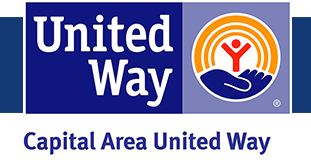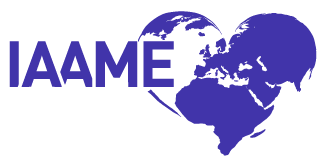At Catholic Charities, we place children from a variety of ethnic and racial backgrounds. As such, we desire to work with families who reflect this diversity. Presently, we have a specific need for adoptive families who are African American or biracial.
We also believe that adopting transracially (which refers to adopting a child of a different race than your own) is a normative and healthy way to build a family. We do recognize that parenting transracially brings unique challenges that each family needs to be aware of and prepared for. We do this by educating our adoptive parents and connecting them with resources to help them raise happy, connected, and well-adjusted children. If you are considering adopting transracially, here are some questions to ask yourself to assess your readiness (adapted from the article “Do You Have What It Takes to Be a Multicultural Family?” by Maya Brown-Zimmerman)
1. Do I have friends—real friends—of the ethnicity of the child I could adopt? It’s said over and over, but your child should not be your first black/latino/etc. friend.
2. Do I live in a diverse area? Specifically, are there many people of my future child’s ethnicity in my town/school district? If not, am I willing to move? It’s incredibly important for children to be raised around other people (children and adults!) who look like them.
3. Am I comfortable talking about race? It’s important to talk about it – being “colorblind” doesn’t prepare children.
4. Am I comfortable calling out racism, both blatant and subtle? When parenting a child of color, you will likely start seeing how racism impacts him or her in significant ways. It’s important that your child see you as their advocate 100% of the time.
5. How comfortable will my extended family be with us adopting transracially, and am I willing to limit my family’s time with them if they’re not? Am I willing to lose family or friends who refuse to understand? These are hard things to consider, but important for your child’s well-being.
6. Am I willing to reach out to people of my child’s ethnicity, truly listen, and learn? There are no substitutes for the things learned through relationships and honest conversations. While reading books and blogs, watching movies, and attending cultural events can be beneficial and enriching, relationships can have the biggest impact on you and your children.
If you feel that adopting transracially could be the right fit for your family, please contact Ryle Egge, the Domestic Adoption Social Worker, via email or phone.
To read the full article by Maya Brown-Zimmerman, click here.




